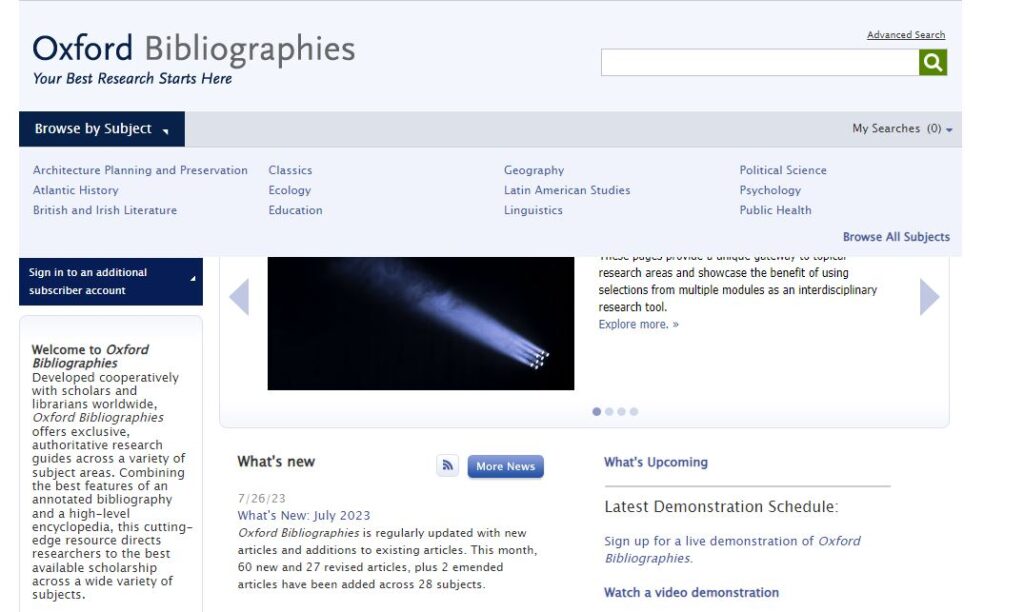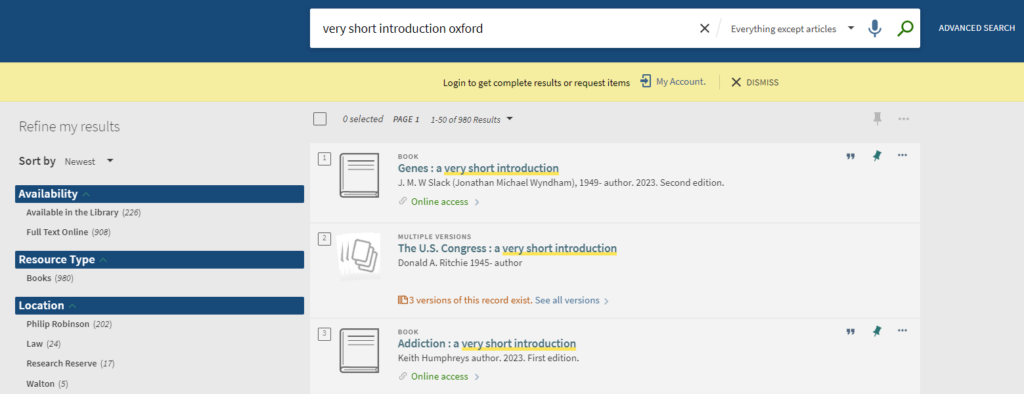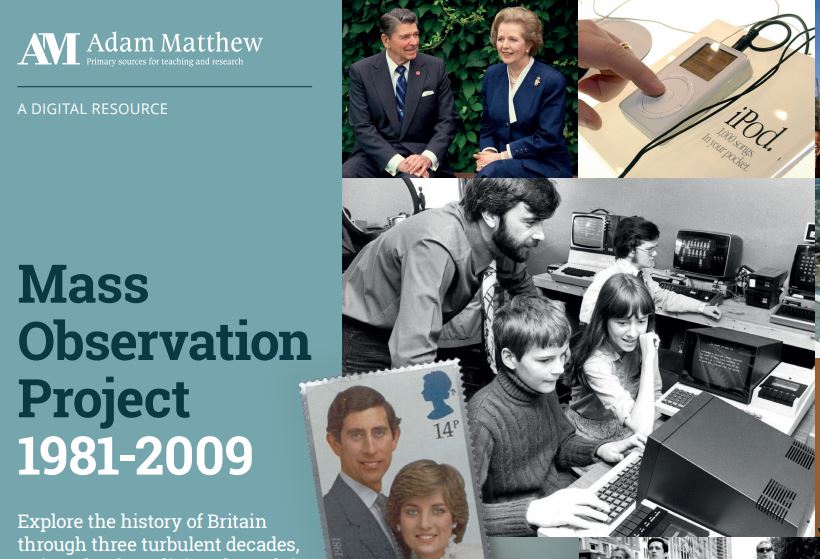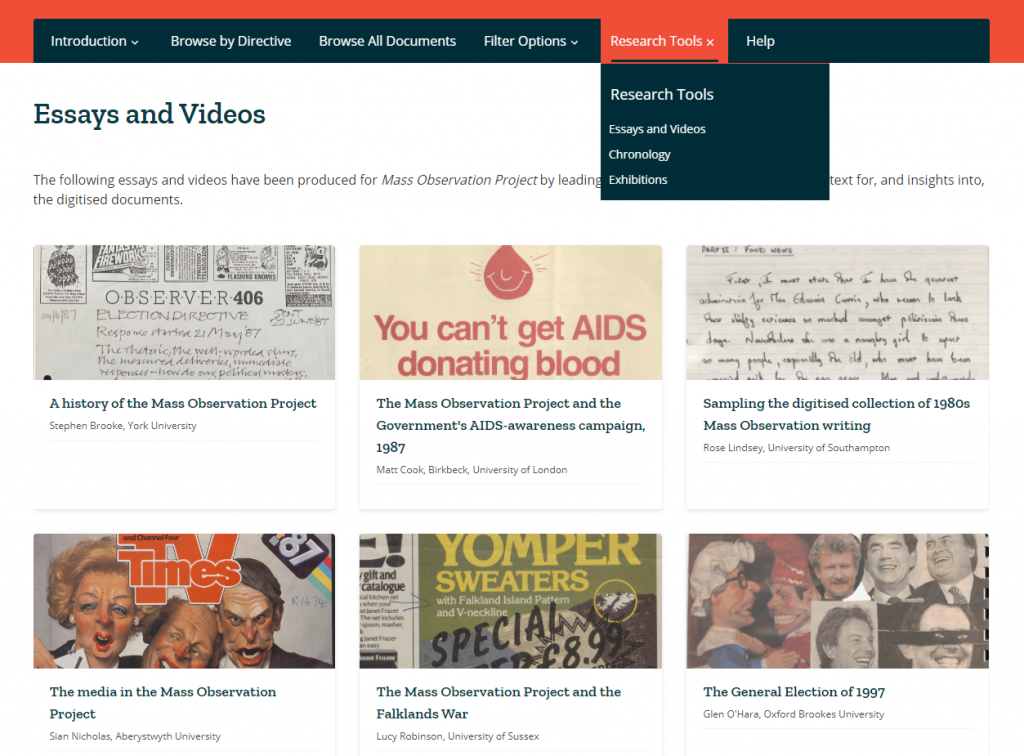Our Recommend a Book service for students allows you to tell us about the books you need for your studies. If we don’t have the books you need, simply complete the web form and we’ll see if we can buy them. For books we already have in stock, if they are out on loan please make a reservation/hold request using Library Search.
Further information about Recommend a book.
In Semester Two, academic year 2022/2023 we successfully processed 61 requests in GPS totalling just over £6815.
| A Companion to Roman Imperialism |
| A Field Guide to British Rivers: Implications for Restoration |
| Accountability through public opinion; from inertia to public action. |
| Advanced Introduction to Global Production Networks |
| Artistic Utopias of Revolt: Claremont Road, Reclaim the Streets, and the City of Sol |
| Black Skins, Black Masks Hybridity, Dialogism, Performativity |
| China’s Digital Silk Road Setting Standards, Powering Growth |
| China’s Futures PRC Elites Debate Economics, Politics, and Foreign Policy |
| Communication Strategies in Turkey: Erdogan, the AKP and Political Messaging Kindle Edition |
| Creativity and Conflict Resolution Alternative Pathways to Peace |
| Danger Zone The Coming Conflict with China |
| Defying the Dragon: Hong Kong and the World’s Largest Dictatorship |
| Explorations in Place Attachment |
| Feminist Theory Reader Local and Global Perspectives |
| Fighting for Abortion Rights in Latin America: social movements, state allies and institutions |
| Gender, Sexuality and Identities of the Borderlands |
| Geographies of Children, Youth and Families |
| Handbook of Alternative Theories of Political Economy |
| Handbook of the Sociology of Medical Education |
| Hubris: The Inside Story of Spin, Scandal, and the Selling of the Iraq War |
| Humanitarianism, identity, and nation : migration laws of Australia and Canada |
| Infrastructure Communication in International Relations |
| International Sanctions Between Wars and Words |
| Logos Warehouses Containers |
| Migration Studies and Colonialism |
| Nature Displaced, Nature Displayed: Order and Beauty in Botanical Gardens |
| Phenomenological approaches to moral philosophy |
| Place Attachment: Advances in Theory, Methods and Applications (2nd ed) |
| Portfolio Society: On the Capitalist Mode of Prediction |
| Power and Governance in a Partially Globalized World |
| Private Metropolis The Eclipse of Local Democratic Governance |
| Reframing the civic university: an agenda for impact |
| Refugees, Security and the European Union |
| Resource Conservation Economics and Policies |
| Rome and the Enemy: Imperial Strategy in the Principate |
| Routledge handbook of immigration and refugee studies |
| Routledge Handbook of Sport in the Middle East |
| Sanctions: what everyone needs to know |
| Serving a nation at war, 1939-1945: a review of the building and civil engineering work of John Laing and Son Ltd |
| Shadow Warriors: The Untold Story of Traitors, Saboteurs, and the Party of Surrender |
| Signs of life : photographs by Peter Sekaer / John T. Hill ; with contributions by Julian Cox and Christina Sekaer. |
| Steady-state economics: the economics of biophysical equilibrium and moral growth |
| Study of Americana: Washington, D.C. Region 1978 |
| The Anthropology of Friendship |
| The art of sanctions a view from the field |
| The Economics of Natural Environments Studies in the Valuation of Commodity and Amenity Resources |
| The Gift of Freedom War, Debt, and Other Refugee Passages |
| The Moral Underground: How Ordinary Americans Subvert an Unfair Economy |
| The National Security Law of Hong Kong : Restoration and Transformation |
| The Political Economy of Land Rent, Financialization and Resistance |
| The Political Economy Of Public Sector Reform And Privatization |
| The Routledge Companion to William Morris |
| The Shadow of the Mine: Coal and the End of Industrial Britain |
| The University and the City |
| The Uses and Abuses of Weaponized Interdependence |
| Transcend and transform: An introduction to conflict work |
| Uncommon Places: The Complete Works |
| Urban planning and real estate development |
| Violence and Understanding in Gaza: the British broadsheets’ coverage of the war |
| Women crossing boundaries: a psychology of immigration and transformations of sexuality |
| Working Systemically with Refugee Couples and Families: Exploring Trauma, Resilience and Culture |












